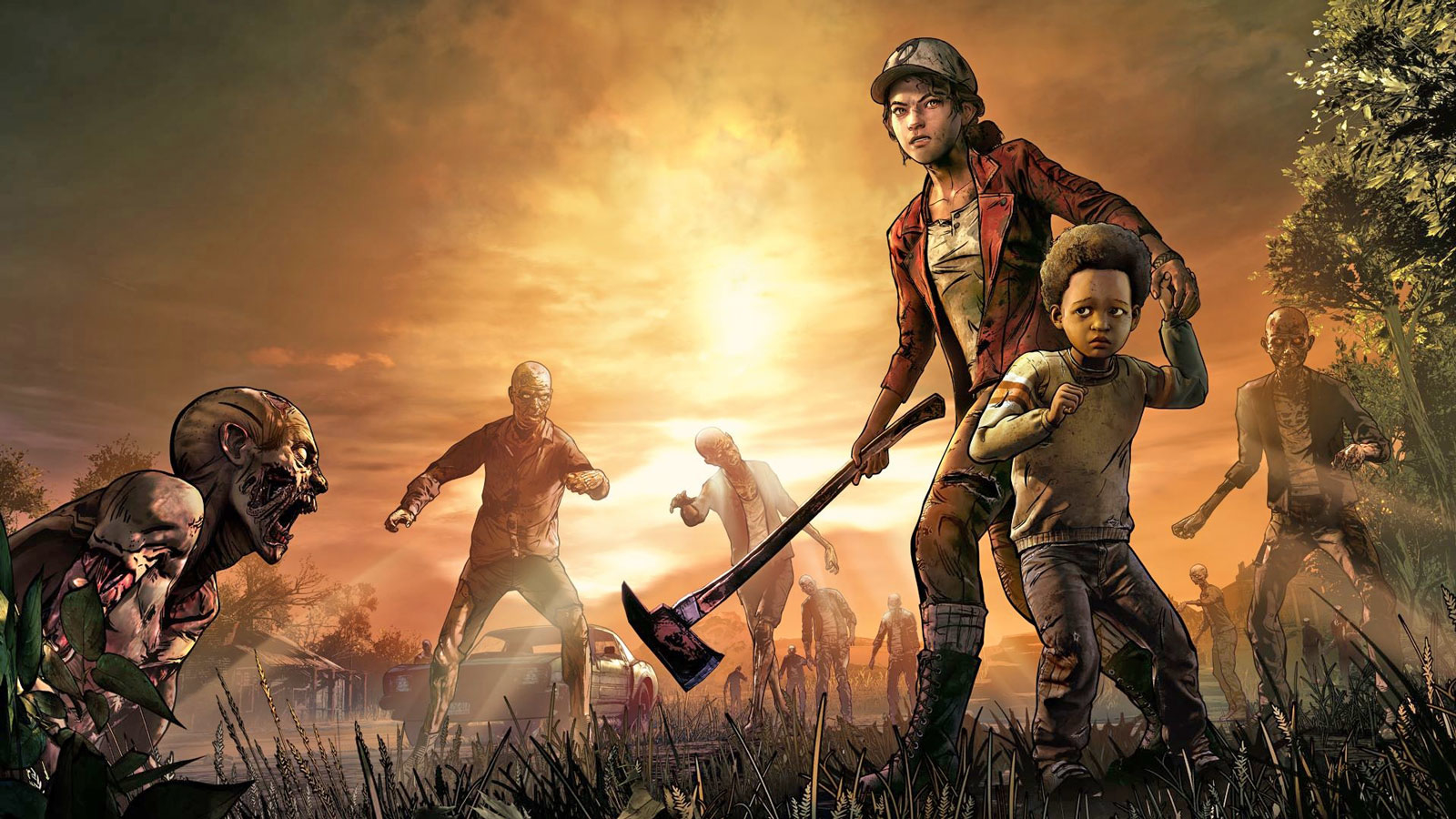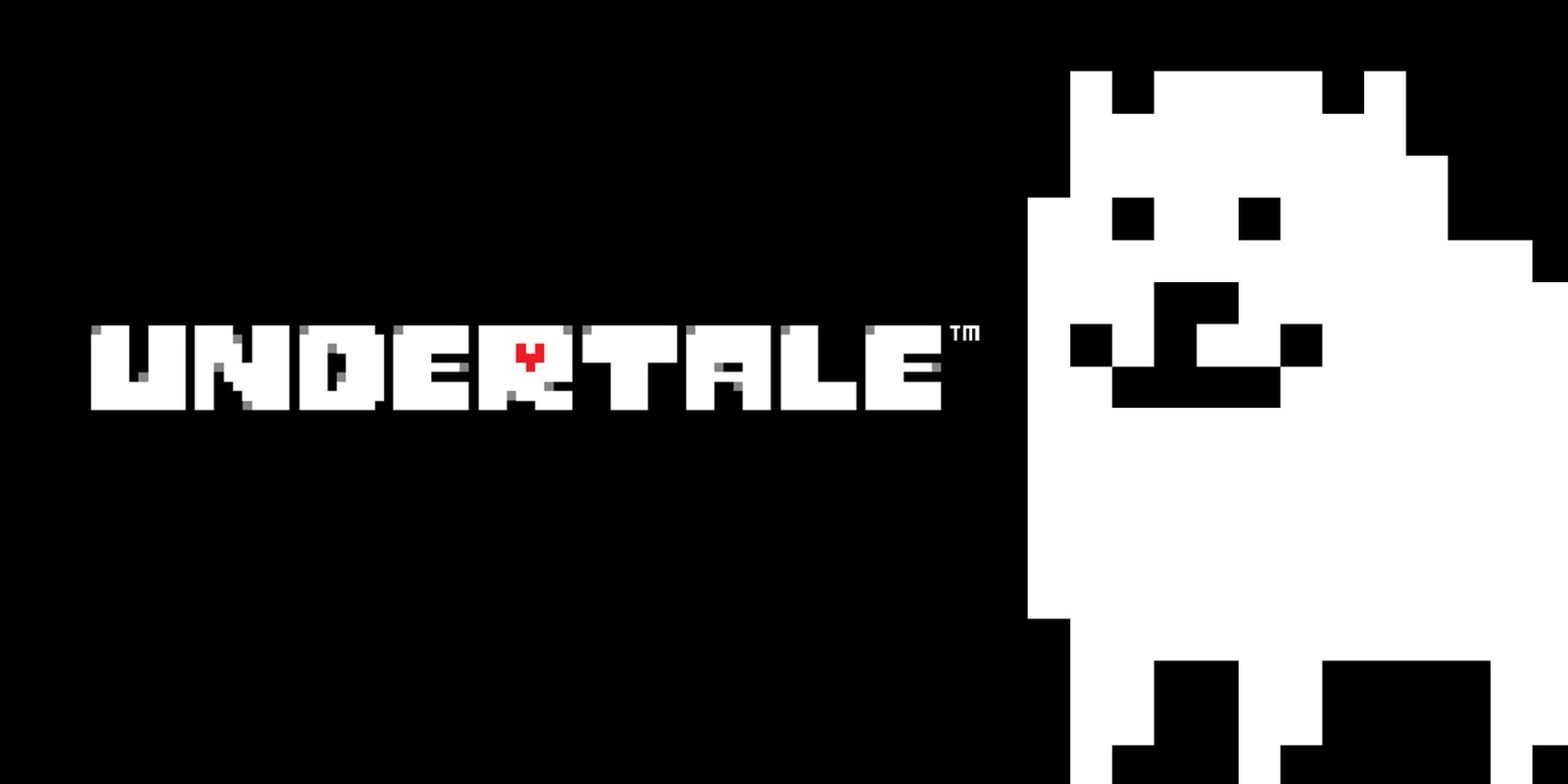Hello and welcome to the final part in our History of Indie Games. Over the past 6 weeks we have examined the long and complex history of indie games and their journey from bedroom obscurity to mainstream titans. This week on our final excursion we’ll look at that state of the contemporary indie scene and what the future might possibly hold.

Genre Defining
In the past decade indie gaming has mostly gone from strength to strength. During times where the triple A scene has stagnated indie has been able to offer an alternative and has even given rise to a resurgence in genres that many people thought were dead.
TellTale Games managed to re-invent adventure games and set the bar while doing it with games like The Walking Dead and The Wolf Among Us, even if their story had a less than happy ending earlier this year. Frictional Games proved that there was life in horror games with Amnesia the Dark Descent and Penumbra. Even entire art styles have seen kept going by indie, pixel graphics and early polygons abound in titles such as Super Meat Boy and Paratopic.

The Flood
In many ways the floodgate that was broken open by Humble Bundle has led to saturation of the market. You’ll find no shortage of industry pundits talking about the massive torrent of indie games being released on Steam everyday, but you would probably struggle to find anyone looking at it in a positive light. On one hand it has never been easier to publish an indie game, on the other it is has never been harder to get your game noticed.
Despite any misgivings that the huge state of the indie market might give new developers, it has undoubtedly given us some surprising success stories. Undertale, from Toby Fox, was a breakout success which no one saw coming, and has proven to many that it is possible to see success as an auteur developer. Cuphead, by Studio MDHR, is one of the most visually striking games of all time, and it could really only have come from an indie developer capable of taking the risk of a completely hand-drawn game.
That’s not to say that there hasn’t been a darker side to the ease of access store fronts like Steam. ‘Asset flipping’ is the process of buying a game template from an asset store front such as the unity store and selling it a low price as a full game to make a quick profit. Asset flips are not the only danger of the Steam store and it’s lax attitude to quality control either. The new releases page is filled with low quality, meme-ridden ‘joke’ games with less humour in them than a particularly unfunny funeral.

A New Species
One of the latest developments of the contemporary indie market has been a new breed of game. These games are developed by big studios with decent industry experience, but are distributed without the aid of a major publisher. Hellblade: Senua’s Sacrifice is perhaps the first major example of this new breed, developed and published by Ninja Theory. In an attempt to occupy the middle ground between indie and AAA the game featured a shorter length, a smaller price, and a smaller budget, but managed to make more than it cost to produce at 500,000 sales.
While Hellblade: Senua’s Sacrifice is the only clear example of this new breed of game so far, the indie scene as we know it is well known for its adaptability. It is is surely only a matter of time before someone followed in Ninja Theory’s footsteps. With the sweep of nostalgia-inspired indie gaming passing through the 8 and 16-bit eras and now firmly stepping into the 5th and 6th generation consoles it is possible that we will soon see indie games modelling themselves on PS3 and Xbox 360 experiences.
Journey’s End
Indie games have come a long way from the bedroom computers of enthusiast coders. While their beginnings may have been shrouded in mystery, they have emerged as a dominant force in the video games industry. Every console competes to have as many indie releases as possible, and the number of independently developed games released outnumbers the number of ‘professional’ releases by a long way. For those of us who love the industry, it has been a hell of a ride, and it’ll be interesting to see where else it goes from here.



